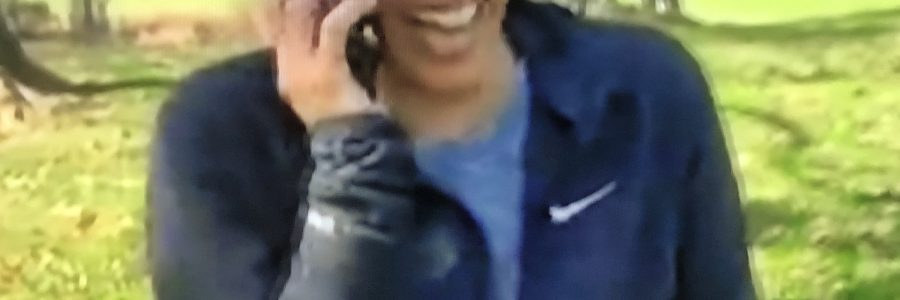
Kamala Harris: the first woman vice-president
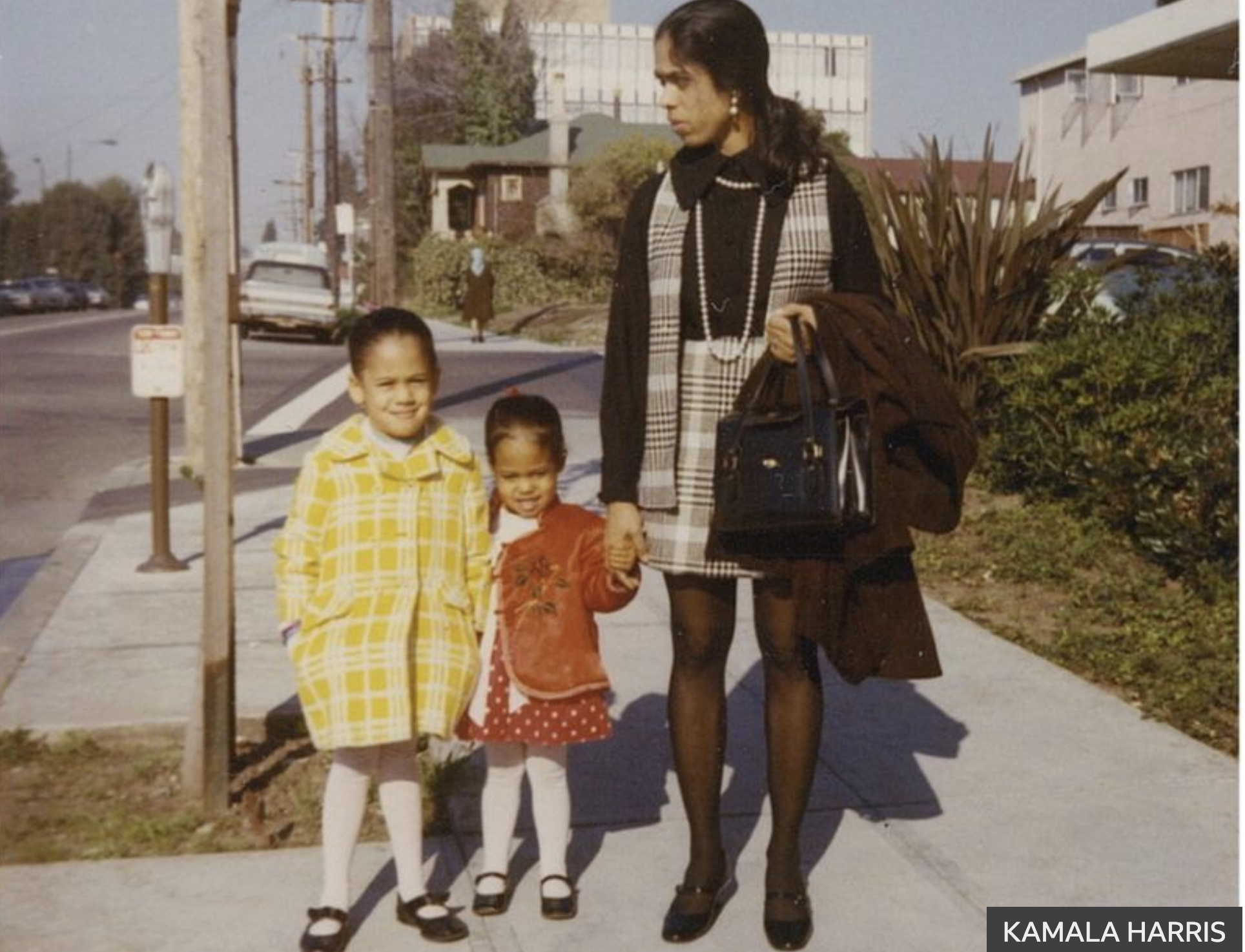
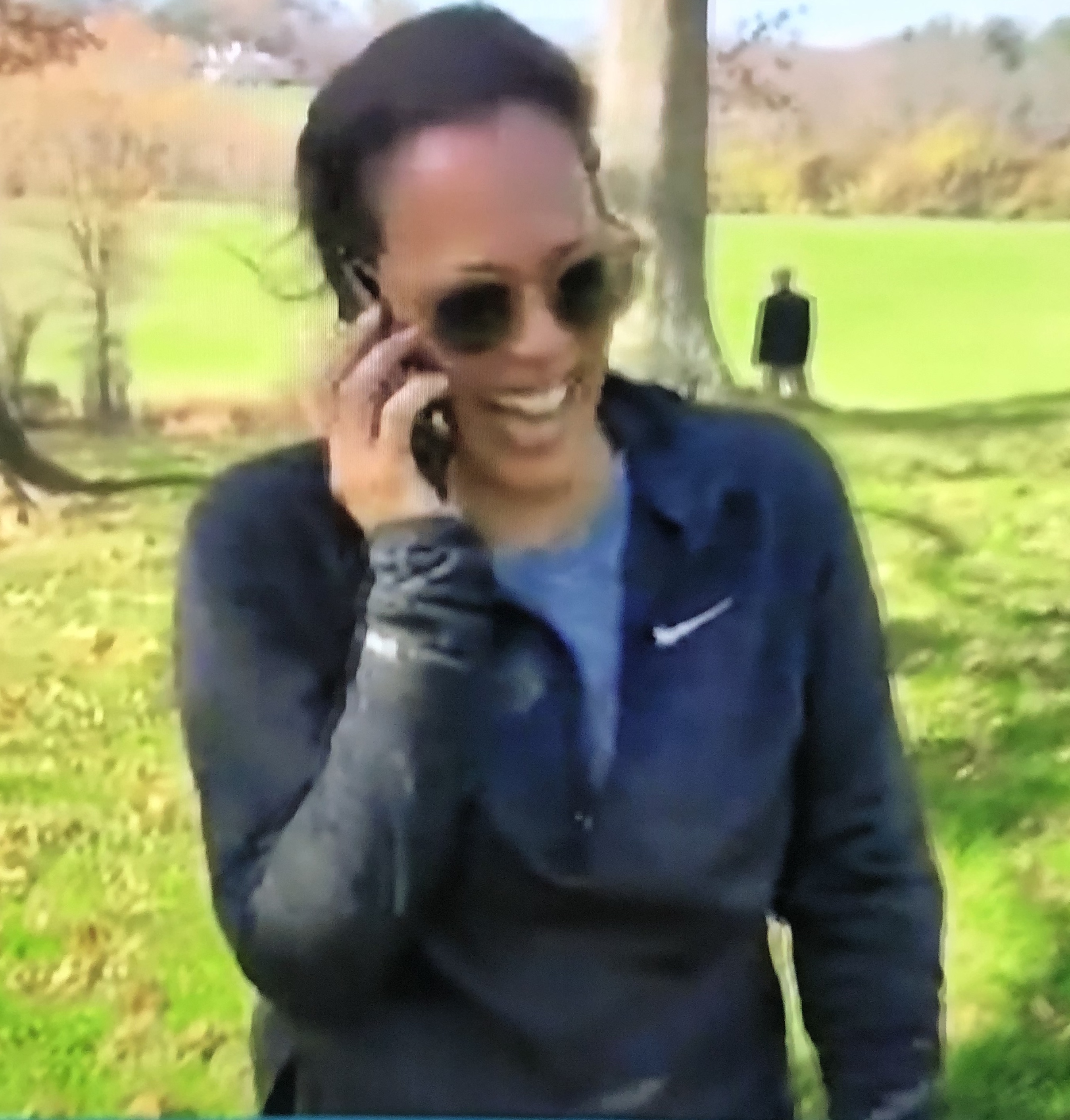
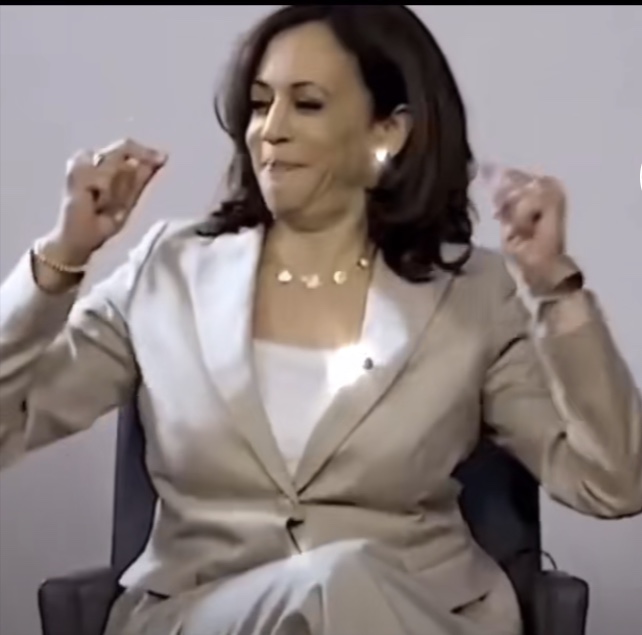

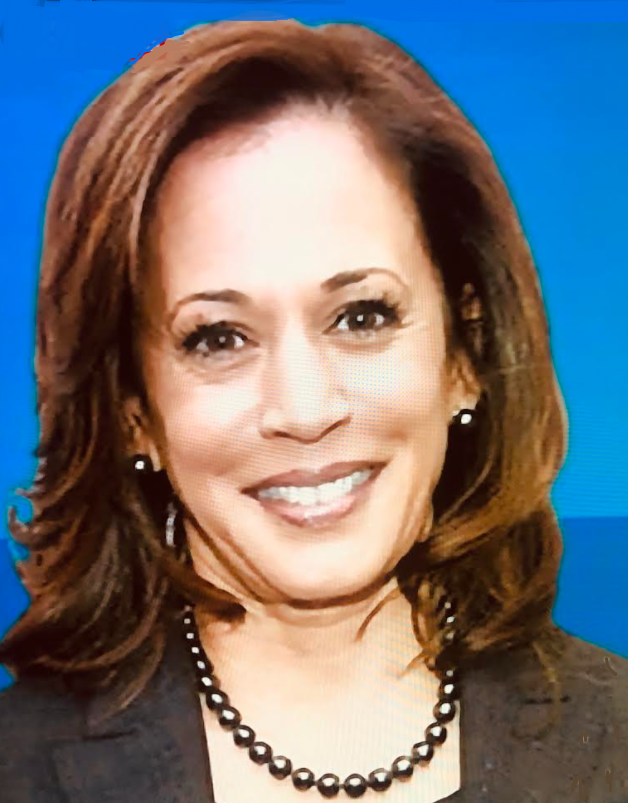
Kamala Harris, just a year ago the senator from California hoping to win the Democratic nomination for the presidency, launched a potent attack on Joe Biden over race during a debate, and although many thought it inflicted a serious blow on his ambitions, by the end of the year her campaign was dead and it was Mr. Biden who returned the 56-year-old to the national spotlight by putting her on his ticket.
According to Gil Duran, a communications director “Many people didn’t think she had the discipline and focus to ascend to a position in the White House so quickly, although people knew she had ambition and star potential. It was always clear that she had the raw talent”.
Born in Oakland, California, to two immigrant parent- an Indian-born scientist mother and father Donald Jasper Harris, s a Jamaican-American economist and professor emeritus at Stanford University, known for applying post-Keynesian ideas to development economics- her parents divorced when she was five and she was primarily raised by her Hindu single Tamil mother, Shyamala Gopalan Harris, a cancer researcher, and civil rights activists.
Shyamala was the daughter of an Indian civil servant P.V. Gopalan and his wife Rajam Gopalan hailed from Thulasenthirapuram and Rajam was from Panganadu agrarian villages located close to each other near Mannargudi in Tanjore District, Madras (now Chennai). Gopalan a Tamil Brahmin, part of a privileged elite in Hinduism’s ancient caste hierarchy. Shyamala who studied Bsc in Home Science at Lady Irwin College in New Delhi and in 1958 at the age of 19, Shyamala unexpectedly applied and accepted to a master’s program in nutrition and endocrinology at the University of California, Berkeley. After her arrival in the US, and not having a phone line in their home, she communicated with her parents by writing aerograms. She completed a Ph.D. in Nutrition and endocrinology at UC Berkeley in 1964. She worked as a breast cancer researcher at the University of Illinois at Urbana-Champaign and the University of Wisconsin and later worked for 16 years at Lady Davis Institute for Medical Research and McGill University Faculty of Medicine. Shyamala died of colon cancer in Oakland on 11 February 2009, her request to donate her organs to Breast Cancer Action. In 2000, Kamala Harris carried her ashes to Chennai on the southeastern coast of India and scattered them in the Indian Ocean waters.
She grew up engaged with her Indian heritage, joining her mother on visits to India, but Ms. Harris has said her mother adopted Oakland’s black culture, immersing her two daughters- Kamala and her younger sister Maya-within it.
At her time at Howard University, one of the nation’s preeminent historically black colleges and universities, which she has described as among the most formative experiences of her life. When she returned to address graduates in 2017, took them on a journey from the Ferguson race protests of 2014 to the halls of Capitol Hill in just one sentence. “ You students have joined the fight for justice – you protested, From the streets of Ferguson to the halls of the United State Congress, you have lived the words of James Baldwin, There was never a time in the future in which we will work out our salvation. The challenge is in the moment, the time is always now” Ms. Harris said.
In 2014, Senator Harris married lawyer Doug Emhoff – now a fixture at her campaign stops- and became stepmother to his two children.
Her career as a prosecutor is what made her a politician but brought with it political benefits and risks, when she began work in the Alameda County District Attorney’s Office and became the district attorney – the top prosecutor – for San Francisco in 2003, before being elected the first woman and the first black person to serve as California’s attorney general, the top lawyer and law enforcement official in America’s most populous state. She became one of the Democratic Party’s rising stars, using this momentum to propel her election as California’s Junior US senator in 2017.
She gained favour among progressives for her bitter but sharp questioning of then-Supreme Court nominee Brett Kavanaugh, but as a presidential candidate for the Democratic Party, her adept debate performances were not enough to compensate for poorly articulated policies.
She calls for changes for police practices across the US, on Twitter, she calls for arrests of the police officers who killed Breonna Taylor, a 26-year-old African-American from Kentucky, and she speaks frequently about the need to dismantle systemic racism, now she has the chance to do just that and from inside the White House.
